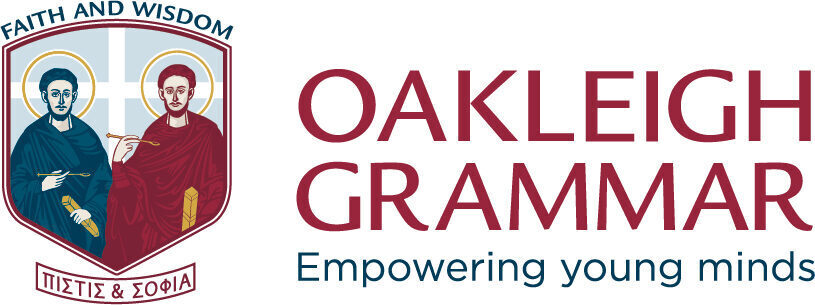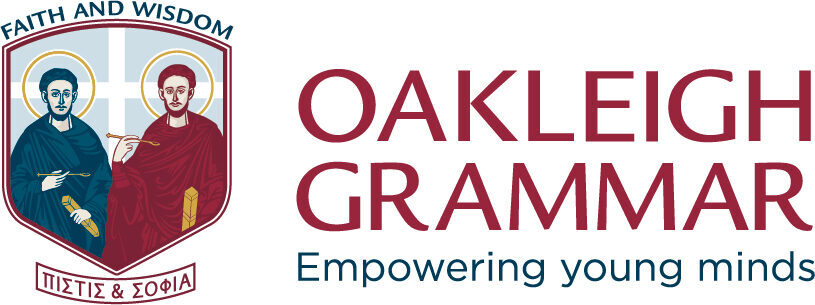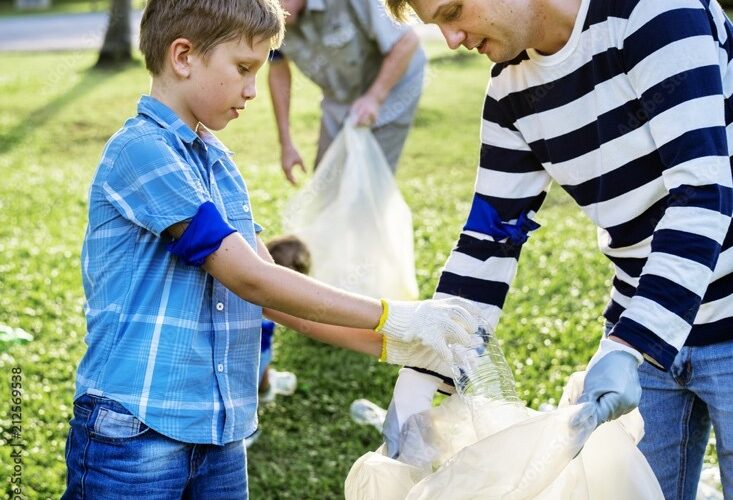June 5 is World Environment Day and a reminder to us all that our actions really matter and can make a difference. Teaching your child about environmental responsibility is crucial. As parents, it is our responsibility to raise environmentally conscious children who understand the importance of taking care of our planet.
By teaching them about environmental responsibility from an early age, we can instil values that will shape their behaviour and choices throughout their lives. We share five practical tips for teaching your child about environmental responsibility, to help guide your child towards a more sustainable future.
- Lead by example
Children learn best through observation and imitation, known as ‘parental modelling’. Set a positive example by adopting environmentally friendly practices in your daily life. Show them how to reduce waste by recycling and composting, conserve energy by turning off lights and appliances when not in use, and conserve water by fixing leaks and using water wisely. By witnessing your commitment to sustainable living, they will be more inclined to follow suit.
One of the best ways to lead by example is by teaching your child to reduce their carbon footprint. Encourage them to walk or bike whenever possible instead of relying on cars or public transport. This not only reduces greenhouse gas emissions but also promotes a healthy lifestyle.
- Explore nature together
Encourage your child to connect with nature by spending time outdoors. Australia is blessed with an abundance of natural beauty, from stunning national parks to pristine beaches. Plan family outings to explore these natural wonders, pointing out the unique flora and fauna along the way. Exploring nature together will help your child develop a sense of appreciation and responsibility towards the environment.
You can also introduce your child to environmental organisations and initiatives in your community. Participate in local tree-planting events or join conservation groups that work to protect and restore natural habitats. These experiences will deepen your child’s connection to nature and encourage a sense of ownership and responsibility for its preservation.
- Teach the three Rs – Reduce, Reuse, Recycle
The three Rs (reduce, reuse, and recycle), are fundamental principles of sustainable living. Explain to your child the importance of reducing waste, particularly plastic, by opting for reusable products instead of single-use ones, for example lunchboxes instead of zip-lock plastic bags. Teach them creative ways to reuse items instead of discarding them, such as repurposing old containers for storage or making crafts from recycled materials. Additionally, familiarise them with the recycling system in your area and involve them in sorting recyclables. Check out the Recycling Near You for helpful information about recycling options in your area.
To further engage your child in recycling efforts, create a recycling station at home. Make it a fun activity by decorating bins for different types of recyclables, such as paper, plastic, and glass. Involve them in the sorting process and explain why each material needs to be recycled. This hands-on experience will help them understand the impact of their actions on the environment.
- Engage in eco-friendly activities
Make environmental responsibility fun and engaging for your child by involving them in eco-friendly activities. Start a small vegetable garden or pot some plants and teach them how to care for them responsibly. Explain the benefits of organic gardening and how it contributes to a healthier ecosystem. Encourage them to participate in community clean-up events such as Clean Up Australia Day or initiate one within your neighbourhood. These activities will not only educate them about the importance of environmental stewardship but also foster a sense of empowerment in making a positive difference.
As a family, you can opt to support eco-friendly businesses. Teach your children the importance of buying products with minimal packaging, choosing sustainable materials, and supporting local and ethical brands. By making conscious choices, they can contribute to reducing waste and promoting sustainable practices.
- Educate through media
Use age-appropriate books, documentaries, and online resources to educate your child about environmental issues. Reading books about nature, wildlife, and conservation can ignite their curiosity and deepen their understanding of the world around them. Watch documentaries together that highlight environmental challenges and solutions, sparking conversations about the impact of human actions on the planet. The Australian Geographic and ABC Kids are great sources of educational content for children.
Additionally, encourage your child to explore interactive websites and apps that focus on environmental education. Websites like Cool Australia offer free educational resources for teachers and parents, including activities to engage children in sustainability topics.
Teaching our children about environmental responsibility is crucial for creating a sustainable future. By leading by example, exploring nature together, teaching the three R’s, engaging in eco-friendly activities, and using educational media, we can empower our children to become environmentally conscious individuals. Remember, it’s not just about what we tell them; it’s about what we show them through our actions. Let’s work together to raise a generation of environmentally responsible citizens who will make a positive impact on our planet. Every small action counts!
Oakleigh Grammar offers excellence in coeducational learning from ELC through to Year 12. We are dedicated to building resilient lifelong learners and responsible global citizens by empowering young minds and putting students at the centre of all we do. We ensure each child is nurtured and cared for at a personal level, by exceptional educators who are dedicated to their students and their profession. Founded in Christian values, Oakleigh Grammar boasts a multicultural environment where a zest for life is encouraged, good citizenship is celebrated and academic scholarship is our mainstay. To learn more about Melbourne’s best value private school download our prospectus.





